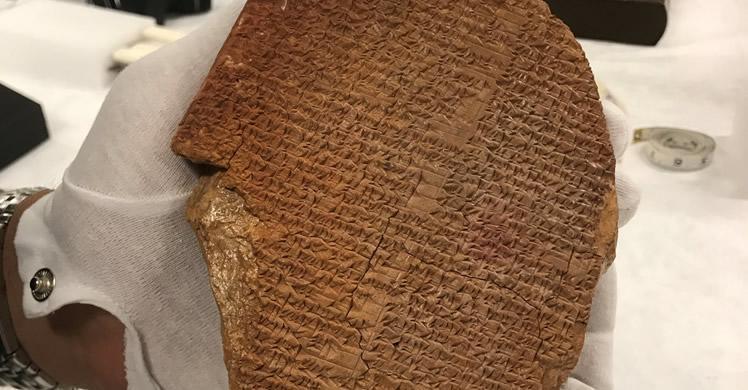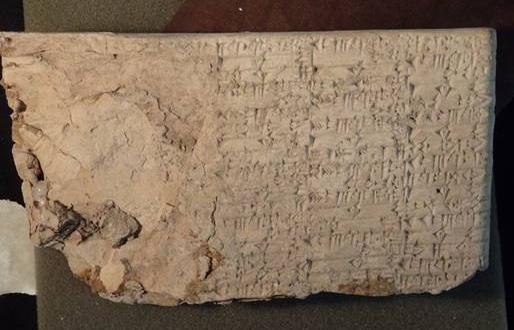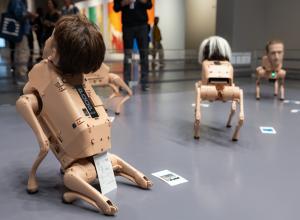Once it was imported and cleaned, its cuneiform text was translated and recognized as a passage from the Epic of Gilgamesh, a Sumerian epic poem considered one of the world’s oldest works of literature. The passage describes the story’s hero telling his mother about a dream he’s had. His mother interprets the dream as predicting the arrival of a new friend, telling him, “You will see him and your heart will laugh.”
Now called the Gilgamesh Dream Tablet, law enforcement seized the tablet from the Museum of the Bible in September 2019.
The complaint alleges intentional illegal activity by the auction house. Peter C. Fitzhugh, special agent in charge for HSI New York said in a statement, “We are proud of our investigation that led to this reclaiming of a piece of Iraq’s cultural history. This rare tablet was pillaged from Iraq and years later sold at a major auction house, with a questionable and unsupported provenance.”

































